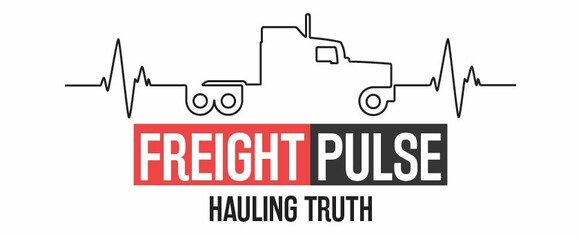Introduction to the Predicament
Predatory towing practices have emerged as a significant concern within the trucking sector over recent years. The issue involves exorbitant charges for towing and recovery services, which have become increasingly prevalent. In response to these growing complaints, the American Transportation Research Institute (ATRI) conducted a comprehensive study, revealing that a substantial number of motor carriers are facing excessive rates for towing jobs. This research further identified that nearly one-third of crash-related tows featured some form of predatory billing, highlighting a troubling trend based on carrier records spanning from 2021 to 2023.
ATRI’s Research Motivation and Findings
The motivation behind ATRI’s investigation stemmed from persistent inquiries and complaints from both motor carriers and state trucking associations. Prior to this study, there was a notable lack of data on predatory towing practices, which are often case-specific and lack uniformity, thereby complicating efforts to address the issue systematically. ATRI’s research aimed to fill this gap by providing a clearer understanding of the scope and nature of predatory towing, including its regulatory landscape and the frequency of such practices.
The study underscored the towing and recovery industry’s essential role in maintaining a functional supply chain and trucking industry, despite the challenges it faces. It highlighted the importance of towing professionals who must be ready to respond to accidents under any conditions, using expensive, specialized equipment often underutilized due to the sporadic nature of such incidents.
Predatory Practices Unveiled
Predatory billing was identified as the most prevalent issue, with an alarming 29.8% of invoices exhibiting excessive billing practices. The research detailed various types of predatory towing encounters, including unwarranted additional equipment or labor charges, excessive hourly or per-pound rates, and delays in vehicle or cargo release, which not only affect the carriers financially but also strain their relationships with shippers and business partners.
Common Forms of Predatory Practices
Predatory billing encompasses a range of dubious charges levied by towing companies. The most frequent issues identified include:
- Excessive Hourly or Per-Pound Rates: An overwhelming majority of carriers reported encountering inflated equipment or labor rates, with 82.7% facing such issues in 2021 alone.
- Unwarranted Additional Charges: About 81-82% of carriers experienced charges for additional equipment or labor that was either not used or necessary, reflecting a tactic to inflate bills unnecessarily.
- Exorbitant Storage Fees: Carriers often face steep storage rates, alongside delays in vehicle and cargo release, exacerbating financial losses and disrupting operations.
- Damage from Improper Equipment Use: Approximately 59% of carriers reported damage due to the use of inappropriate towing equipment, indicating a lack of care or competence in towing practices.
- Misreported or Non-Consensual Tows: A significant number of carriers encountered instances where tows were either misreported as consensual or conducted without proper authorization, complicating the billing and dispute resolution process.
Analyzing Predatory Billing
ATRI’s analysis involved a meticulous examination of towing invoices, setting thresholds to identify what constituted predatory rates. The study considered rates over 50% above the median as potentially predatory, with certain line items requiring a doubling of rates to meet this criteria. This approach allowed for a nuanced understanding of how towing companies might exploit their position to levy excessive charges.
The Most Egregious Offenders
The study pinpointed miscellaneous costs as the most prevalent form of predatory billing, found in about 8% of all invoices analyzed. These charges, often vague and indiscriminate, could encompass anything from minor equipment use to clean-up services. Invoices that allocated more than 25% of the total bill to such costs were flagged as excessive, highlighting a tactic to pad bills with nebulous charges.
State Regulations and Recommendations
The report also touched upon the regulatory efforts at the state level, noting that 14 states have enacted laws to regulate maximum tow rates, with varying effectiveness. For instance, Maryland has taken steps to restrict per-pound billing and establish a committee to review rates and handle disputes, serving as a model for other states seeking to mitigate predatory towing practices.
Strategies for Prevention and Accuracy
To combat predatory towing, ATRI recommends several proactive measures for fleets and drivers, including documenting the crash site and recovery process through photos or videos, and refraining from signing any release or waiver at the scene. The report also suggests ways to ensure invoice accuracy, such as verifying billed mileage and reviewing the itemization of charges against established guidelines or previous billing practices.
Conclusion
ATRI’s findings serve as a crucial step towards understanding and addressing predatory towing practices in the trucking industry. By shedding light on the issue, offering regulatory insights, and providing actionable recommendations, the report aims to protect carriers from unfair practices and promote a more equitable and transparent towing and recovery landscape.

